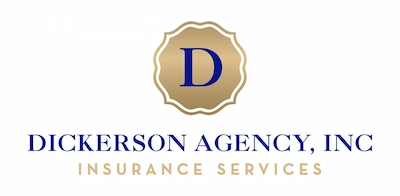
Four Best Practices For Your Upcoming Insurance Audit:
- Be Prepared: Your insurance audit occurs the same time each year
- Take your insurance audit seriously
- Respond to all audit requests in a timely manner
- Keep your information accurate and up to date
When it comes to Workers Compensation Audits and your company, there are some important things you need to know to make sure you are complying and, most importantly, not at risk of losing your insurance coverage. There is a lot involved in an audit, and staying on top of the process is very important for several reasons. Here is why hiding from your insurance audit can lead to dangerous territory.
The audit is an unusual situation for workers compensation in that the insurance companies are required by law and the National Council on Compensation Insurance(NCCI) to do them. You estimate at the beginning of your policy what your payroll will be for the year, and then at the end of the policy term you do an audit (physical, paper, telephone, etc.) to determine the exact payroll for the specified policy term. Most workers compensation insurance company audits will go back as far as 5 years, but there are a few that will only do 3 years.
This audit process can generate an additional premium owed, or a returned premium, based on your final payroll numbers. All audits can be disputed, but it has to be done within the audit’s time frame of the various companies, and it has to be in writing. Keep in mind, insurance companies have a rigorous process they have to comply with when filing this information, and they can lose their insurance license to do business in a particular state if certain requirements are not met. Therefore, they are relentless in pursuing the audit data required. The legal system allows them to send you to collections for owed premium and they can even sue for this premium under the law and NCCI guidelines. Once an audit is finalized the insurance company is required to file all classifications (class codes), associated payroll, and NAIC/SIC information to NCCI rating bureau within a certain time frame. This means all your audit information is time sensitive.
The insurance company also has to provide this same policy information to the NCCI during the policy period, along with loss data (unit statistical reports), every quarter while the workers compensation policy is on-going. The unit statistical reports are supposed to be reviewed and signed off by the policy holder as verifying the information is correct. This is the information that gives the policy holder’s business a credit or debit experience modification number (EMR) on their workers compensation policy modification worksheet. This same information will eventually determine the base NCCI Workers Compensation rates that the insurance companies use.
If the audit on your policy is non-compliant, the insurance company can cancel your policy. When this is done, they send notice to NCCI. NCCI is notified by all insurance companies when any policy is newly issued, renewed or cancelled. So, if you receive a cancellation for non-compliance and try and replace your coverage with another insurance company, NCCI would immediately notify that insurance company to cancel your policy. It’s a no-win situation.
Making sure that you take your audits seriously, respond to requests in a timely manner, and keep your information accurate and up to date, will help protect you and your business from any potential cancellations and dangers down the road. Having the Dickerson Agency on your side can help you prevent an audit disaster.
We’re always here to help answer any questions. Visit us, or give us a call at 770-424-6762 today!
